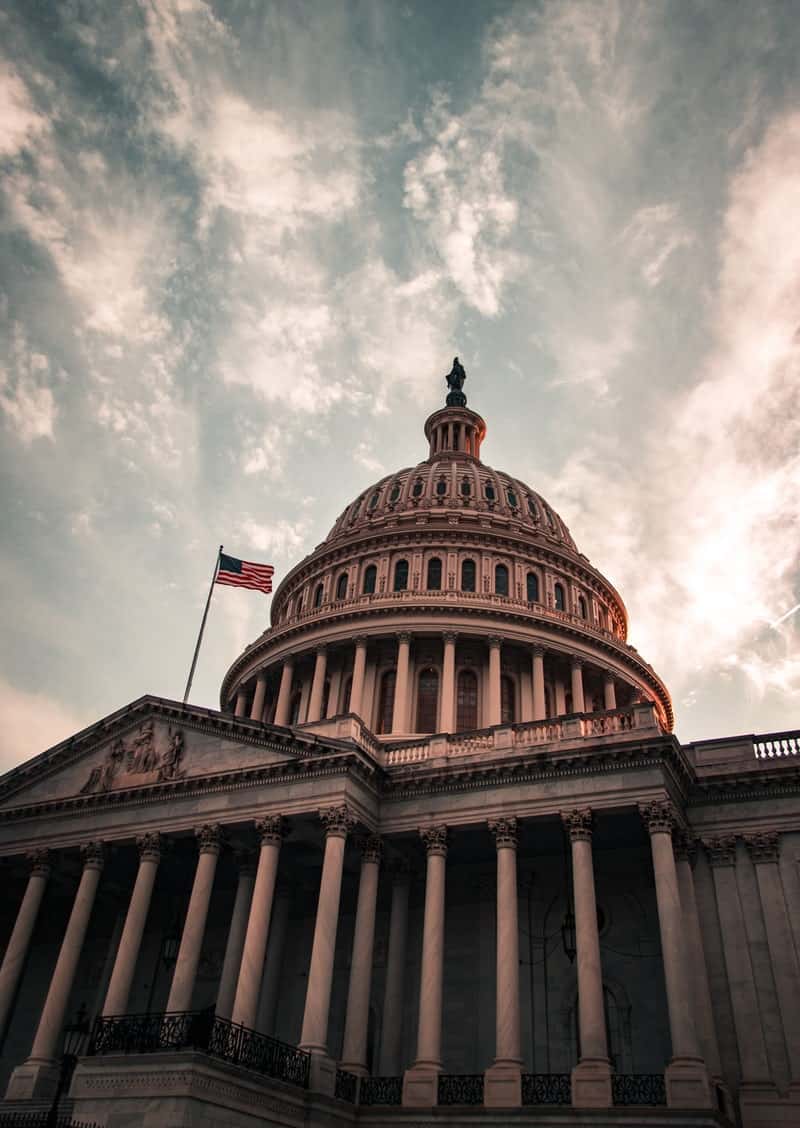
Your IRA could benefit from the government response to COVID-19.
The COVID-19 virus has changed a lot about our daily lives and routines.
Schools have been closed.
People have been laid off.
Stock markets have plummeted.
In response to the COVID-19 pandemic, the federal government is taking steps to mitigate the negative financial impact on its citizens.
According to a recent Financial Planning article titled “Major changes in RMDs and retirement contributions in $2T stimulus plan,” these actions will even impact your IRA.

New COVID-19 legislations can benefit your IRA.
How so?
The government extended the deadline for 2019 IRA contributions.
In a typical year, the tax filing deadline is in mid-April.
Because of COVID-19, the federal government extended the deadline for filing your 2019 taxes to July 15, 2020.
With this extension, the deadline for 2019 IRA contributions also has been extended to the same date.
Many financial professionals did not anticipate these government responses.
Although people have been able to file for tax extensions in the past, the IRA contribution deadline has remained the same.
The IRS clarified their intentions in the “Filing and Payment Deadlines Questions and Answers.”
What does this action mean?
You have more time to decide if you want to contribute to your IRA for 2019.
If you do, be sure to specifically note that the money is designated for 2019.
If you do not so note, then your custodian may assume the contribution is for 2020.
Yikes!
The government waived the "required minimum distribution" in 2020.
If you have a traditional IRA and have reached a certain age, you otherwise would be required to make withdrawals from your IRA.
The Coronavirus Aid, Relief and Economic Security Act (CARE Act) changed this guideline for 2020.
You will not need to take required minimum distributions this year.
Why?
The required minimum distributions for 2020 are calculated based on the account value in the previous year, December 31, 2019 to be exact.
Because COVID-19 resulted in an economic downturn in March of 2020, the accounts had significantly higher values at the end of 2019.
If you do not need to take money from your IRA, you will have a lower tax bill in 2020.
IRA beneficiaries subject to the five-year rule received an extension, too.
Certain beneficiaries who inherited an IRA after 2015 are required to remove all the money within five years.
If you were supposed to have a payout by the end of 2020, you will receive more time.
Consequently, this means you can spread out your withdrawals through six years rather than five year.
Penalties for withdraws from retirement accounts have been altered.
Under normal circumstances, you would receive a penalty of 10 percent up to $100,000 for early withdrawals from an IRA or company plan.
The new act waives this penalty for “affected individuals.”
You will still owe taxes on the withdrawal, but you can spread the payment out over three years and repay the funds over three years.
Be sure to discuss your IRA with your financial planner to learn how these new laws impact your retirement planning.
Reference: Financial Planning (March 27, 2020) “Major changes in RMDs and retirement contributions in $2T stimulus plan”
REMEMBER: “The choice of a lawyer is an important decision and should not be based solely upon advertisements.”
This statement is required by rule of the Supreme Court of Missouri.
